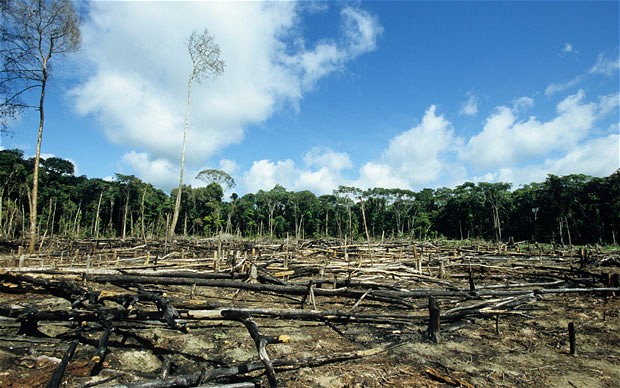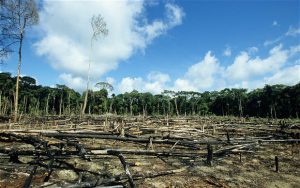Scientists identify thousands of extreme events, suggesting stark warnings about global heating are already coming to pass
Intolerable bouts of extreme humidity and heat which could threaten human survival are on the rise across the world, suggesting that worst-case scenario warnings about the consequences of global heating are already occurring, a new study has revealed.
Scientists have identified thousands of previously undetected outbreaks of the deadly weather combination in parts of Asia, Africa, Australia, South America and North America, including several hotspots along the US Gulf coast.
Humidity is more dangerous than dry heat alone because it impairs sweating – the body’s life-saving natural cooling system.
The number of potentially fatal humidity and heat events doubled between 1979 and 2017, and are increasing in both frequency and intensity, according to the study published in Science Advances.
In the US, the south-eastern coastal corner from eastern Texas to the Florida Panhandle experienced such extreme conditions dozens of times, with New Orleans and Biloxi, Mississippi the hardest hit.
The most extreme incidents occurred along the Persian Gulf, where the heat and humidity combination surpassed the theoretical human survivability limit on 14 occasions. Doha, the capital of Qatar, where the World Cup will be held in 2022, was among the places to suffer – albeit briefly – these potentially fatal weather events.
The ominous findings come as something of a surprise to scientists, as previous studies had projected such extreme weather events would occur later in the century, mostly in parts of the tropics and subtropics where humidity is already a problem.
“Previous studies projected that this would happen several decades from now, but this shows it’s happening right now,” said lead author Colin Raymond from Columbia University’s Lamont-Doherty Earth Observatory. “The times these events last will increase, and the areas they affect will grow in direct correlation with global warming.”
Read more: The Guardian





